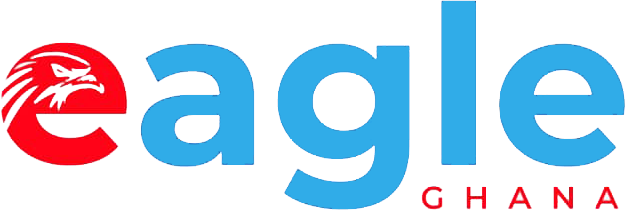Set Up Emission Fund To Ensure Accountability -ICEG
The Institute of Climate and Environmental Governance (ICEG) is advocating government to consider setting up an Emission Fund to ensure proper accountability mechanism that ensures prudent allocation of funds generated from the implemetation of the Emissions Levy.
The Ghana Revenue Authority (GRA) announced February 1, 2024 as effective date for the implementation of the Emissions Levy Act, 2023 (Act 1112), which imposes a levy on carbon dioxide equivalent emissions on internal combustion engine vehicles.
ICEG in a statement issued on February 1 and signed by Kwesi Yamoah Abaidoo, Policy Lead, Climate Finance and Energy Transition urged government to ensure that proceeds that accrue from the Emission Levy are not deposited into the Consolidated Fund but into a separate fund to ensure accountability.
According to ICEG, government lacks the commitment to invest proceeds of the Emission levy into green infrastructure despite the progressive nature of the levy.
“Despite the progressive nature of the Levy, ICEG is concerned about the apparent lack of commitment by the Government beyond the imposition of the Levy, to investing the expected revenue on financing green infrastructure.”
“Proceeds accrued should not be deposited into the Consolidated Fund. The government should consider setting up an Emission Fund to ensure a proper accountability mechanism that ensures judicious allocation of funds generated. Call on the Government to slowly implement the Levy and put up the necessary institutional infrastructure for effective implementation and use of revenue.”
The environmental governance body encourages government to hasten slowly in the implementation of the Levy as it puts put up the necessary institutional infrastructure for effective implementation and use of revenue.
It also observed that the levy will impact on the economic fortunes of motor vehicle owners and called government to intensify public awareness to inform citizens of the environmental benefits of reducing emissions.
“The government should consider intensifying public awareness to inform citizens of the environmental benefits of reducing emissions,” ICEG said.
The Emissions Levy is in line with the government’s efforts aimed at tackling greenhouse gas emissions to promote the use of eco-friendly technology and green energy, improving environmental management while controlling general levels of air and water pollution.
The levy amount varies based on the type of vehicle and its engine capacity.
Motorcycles and tricycles are required to pay GH₵75 per annum, while motor vehicles, buses, and coaches up to 3000 cubic centimeters are required to pay GH₵150 per annum.
Motor vehicles, buses, and coaches above 3000 cubic centimeters, cargo trucks, and articulated trucks are required to pay GH₵300 per annum.
The Levies
1) Motorcycles & tricycles – GHC75 per annum
2) Motor vehicles, buses and coaches up to 3000 cc – GHC150 per annum
3) (i) Motor vehicles, buses and coaches above 3000 cc – GHC300 per annum
(ii) Cargo trucks and articulated trucks – GHC300 per annum
All persons who are required to pay the Emissions Levy are to register and pay the levy on the ghana.gov platform only. Under section 4(4) of Act 1112, a person required to issue a road use certificate (Driver and Vehicle Licensing Authority (DVLA) and other testing centres) shall demand evidence of payment of the levy before issuing a Road Use Certificate.
By: Christian Kpesese



No Comment! Be the first one.